

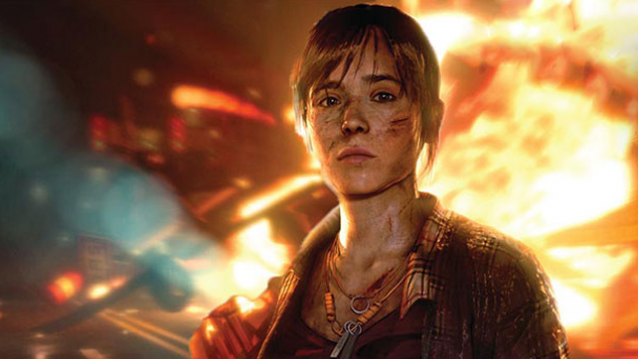
When Quantic Dream’s Beyond: Two Souls released in October of 2013, it was met with mixed criticism that often questioned its validity as a video game. Throwing incessant invectives at the overuse of quick time events and the minimalistic use of game mechanics, reviews often failed to bring into question what the definition of a video game actually is. IGN’s review was titled “Look, Don’t Touch.” Kotaku emphasized that you would like the game if “you don't mind a game that's basically a movie” and if “you’re down with the idea of playing as a teenage girl.” Now I’m not saying Beyond was the perfect game; it’s genre that isn’t necessarily for everyone. However, if we look closely at how some games are widely reviewed in media, we can witness the cultural implications they carry. Media, after all, helps to establish the standardization of the industry.
Let’s take a step back for a second and look at this youthful industry and explore the notion of what a game is. It’s difficult to elect a single trait that defines something as “game” or “not game.” In their subjective nature, games carry with them a value based around individual experiences. However, interactivity is one trait that all games mutually share. When we play a game, we can sit down and interact with the world, creating an even more subjective experience out of an already subjective medium. In this case, even Pong—as simple as it is in terms of interactivity—is defined as a game. In this respect, saying that Beyond is a movie rather than a game because it lacks the “proper” mechanics is problematic.
The industry is young—where we take it in terms of establishing genres is limitless. Flawed as it may sometimes be, David Cage’s vision is boldly innovative. Games are more than mechanics. In the past year, through games like the Last of Us and the Walking Dead, we have witnessed the power narrative can add in creating an emotional experience that is not encountered passively, but interactively. These are absurdly exciting times for us. Yet, looking back to Beyond’s critique both within the industry and the community, it seems like people are trying to be the gate-keepers as to what a game can and cannot be. Are we to the point where we cannot create new genres? Is that even a point that can be reached? I certainly hope not. Indie games are doing a fantastic job of exploring genres, but if we don’t apply that to mainstream content, we might as well continue to hash out Call of Duty. Without an exploration of new genres and an open perspective, there will be little to no growth in an industry that tends use redundancy as a crutch.
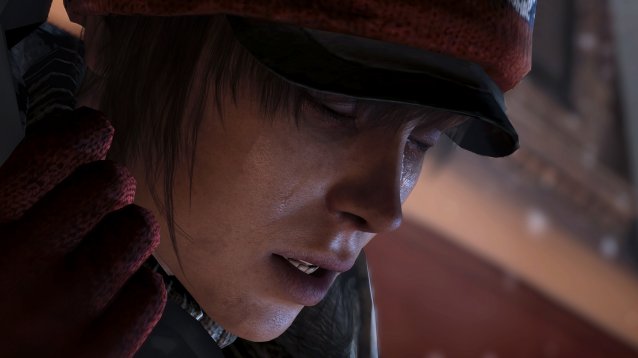
In addition to limiting the concept of what a video game is, Beyond’s critique also displayed another implication in the lack of female perspective. While many of the reviews mention who Jodie is as a character, none of the mentioned the fact that her existence by itself is a progressive sign for the industry.
Personally, I don’t care about the numbers in the reviews… I care about the conversation that exists around them. Unfortunately, there is little conversation about having a real female protagonist in Beyond. The same can be said with discussing the new characterization of Lara Croft in Tomb Raider, Ellie as Joel’s other half in the Last of Us, Cortana’s larger role in the Halo franchise, or even Call of Duty’s use of female characters in multiplayer. There was little focus in the community on what some would consider to be milestones in an industry still heavily run by male developers. Little attention is given to the possible growth of female characters outside of realm of objectification—and that’s where the problem lies. There is no voice. Jodie, despite being the bearer of the emotional journey that is Beyond, lacked any form of agency outside of the game itself.
Like Tomb Raider’s Lara, Jodie—despite her supernatural connections—is realistic and empowering. She is tangible, a character who endures the repercussions of traumatic events years later in life (i.e. rape) and reacts to them in a ways that are human. This is huge move forward for a female protagonist. Even in Cage’s previous game Heavy Rain, the character of Madison can be problematic in how she reacts to sexual assault, immediately acting as if nothing has happened to her. Ultimately, Jodie grows from a young awkward teenager into an independent character with the agency of choice, something rarely seen. She dresses normally. She is vulnerable. She is raw.
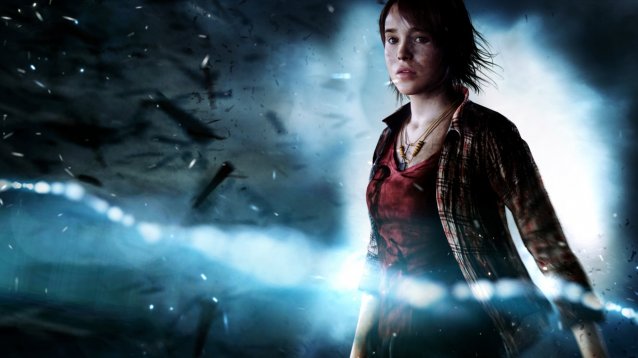
It is one thing (and it is also completely justifiable) to dismiss the plot of Beyond—that is something inherently opinion based. I thought Jodie’s character development was beautiful, despite the few cliché moments in dialogue. But in failing to even address Jodie as a character in reviews, whether or not in a positive or negative light, we are leaving out an absurdly important part of the equation in gaming culture—the ability for female driven games to hold value it what was once a predominately male driven industry. In terms of what we have seen within game development, there is an inherent hope that the gaming industry will continue to progress in this sense.
Even in the media, both Tomb Raider and Beyond were nominated in categories for various awards, but if the media does not recognize the importance of the perspectives of women in games (both as characters and writers), as Brianna Wu brilliantly addresses in her article “GOTY 2013: Badass Girls Need Not Apply,” the problem will not go away anytime soon. What reviews dismiss or highlight determine the standard of what makes a good game. In the end, Jodie is proof that the industry is trying to move forward in both scope and equality, but it is how the media and audience react to her that will determine whether that progression matters.
Katy Goodman is a freelance writer and graduate student. When she isn’t busy training birds of prey, horses, or freshman composition students, she can be found hiking or playing video games. Probably video games. She also really likes grilled cheese sandwiches. Follow her on Twitter @InvizzyB or on her blog, Pixel Hearts.
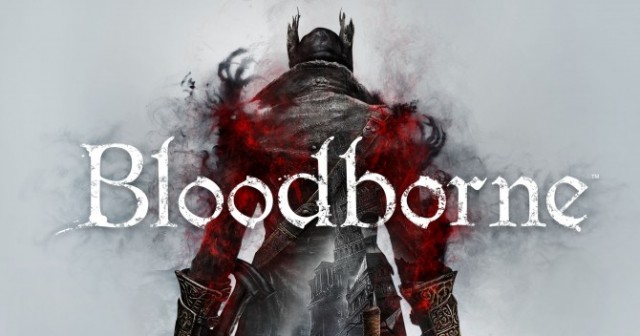


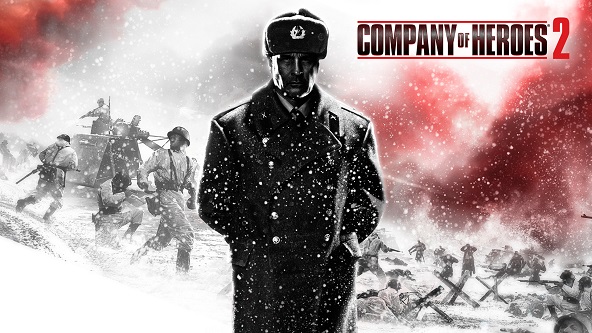
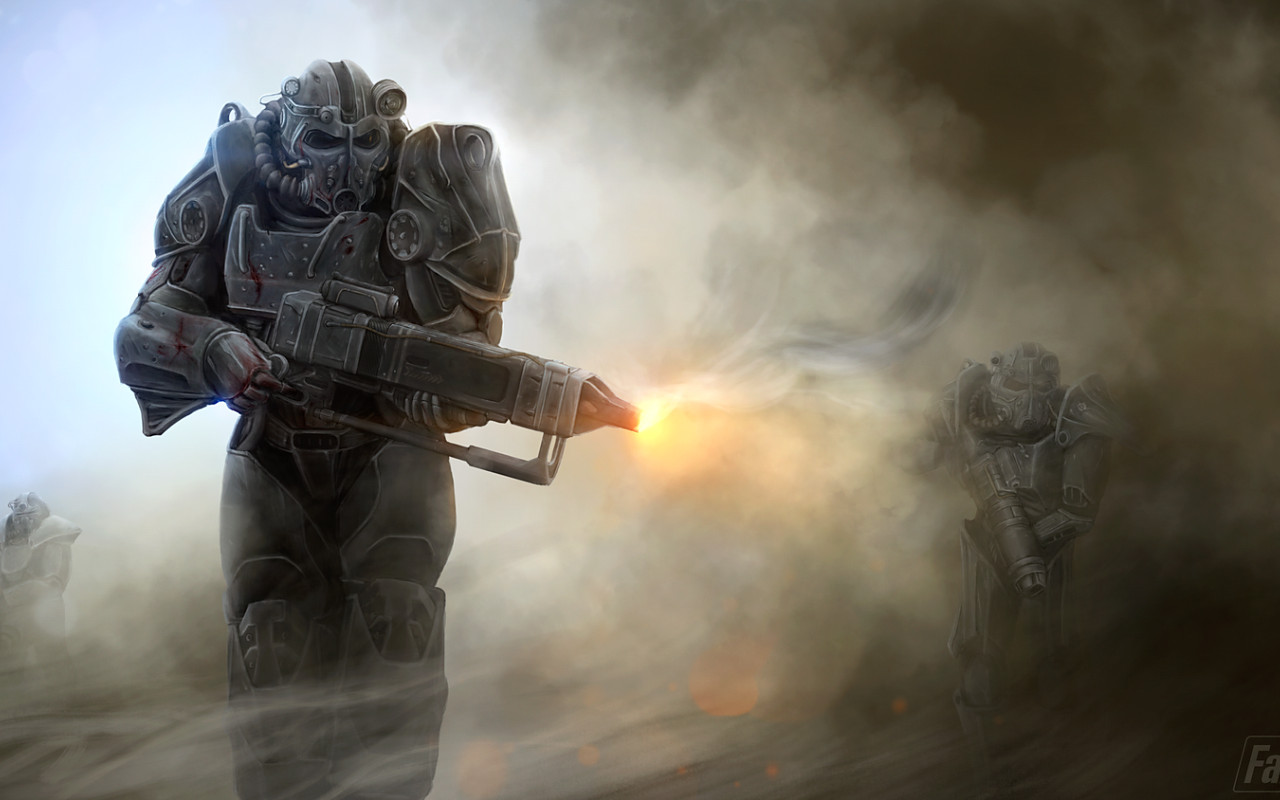 Fallout 4 Mission Guide: Blind Betrayal
Fallout 4 Mission Guide: Blind Betrayal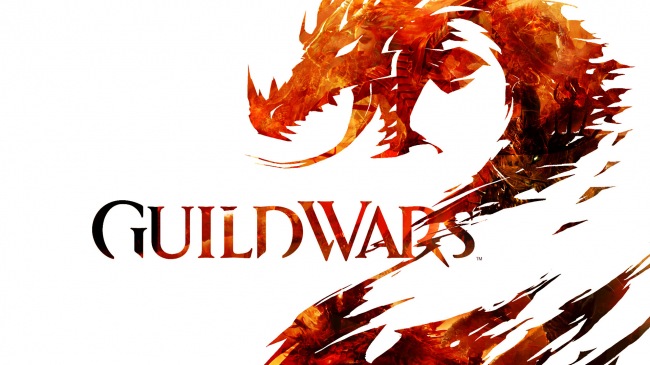 Guild Wars 2 Glitches and Little Hitches
Guild Wars 2 Glitches and Little Hitches Need for Speed (2015) Earn Reputation (REP) tips
Need for Speed (2015) Earn Reputation (REP) tips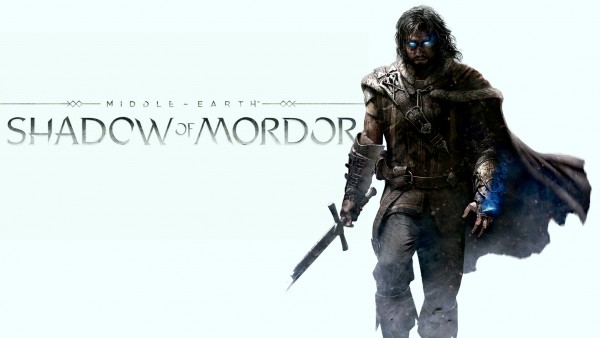 How to get Middle-earth: Shadow of Mordor The Black Gate, Iron Shackle, Uldun Foothills and more Artifacts, Location Guide
How to get Middle-earth: Shadow of Mordor The Black Gate, Iron Shackle, Uldun Foothills and more Artifacts, Location Guide Dark Souls 2 Crown of the Old Iron King Boss Guide: Smelter Demon
Dark Souls 2 Crown of the Old Iron King Boss Guide: Smelter Demon